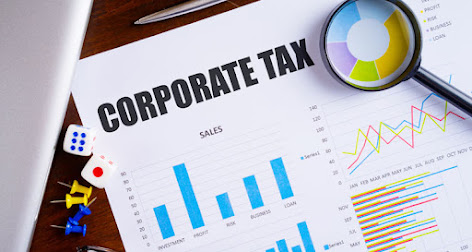On 05.10.2022, the Spanish Ministry of Finance has published the Order No. HFP/413/2022, which reduces the net yield index and modifies the corrective index applicable to farming and livestock in 2021, if the farming or livestock have been affected by exceptional circumstances provided in the Order (e.g.: drought):
when the farmer or stockman has pruchased feed from third parties and
when the farmer or stockman has used electricity for irrigation due to exceptional circumstances, includedn in the Order No. HAC/11552020.
The reductions are listed in an annex to the referred Ministerial Order and are spplicable only in the regions, provinces, territorial areas and activities considered by the aforementioned regulation.
http://www.fernandezbaladron.com







